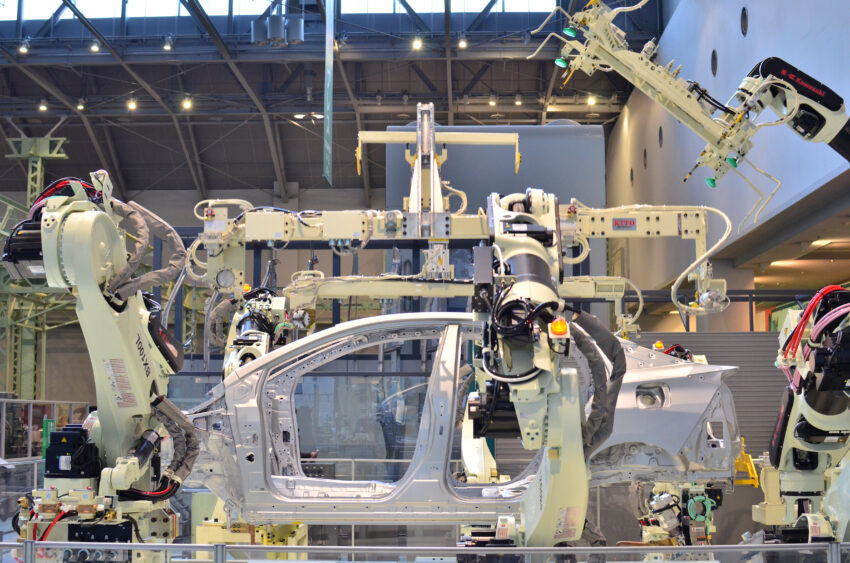Energy-intensive businesses soon may have to reduce the hours they operate or ration usage if wholesale prices remain so high, experts have warned.
The alert comes days after a leading supplier said it would stop selling power and natural gas to its biggest business customers to protect margins as wholesale energy costs surge.
Writing in The Times, Simon French, chief economist at Panmure Gordon, says: “Energy costs are approaching the level where energy-intensive businesses will be pulling back the hours they operate. This means production lines shutting early and hospitality businesses limiting their opening hours.” He adds that rationing is a live discussion in Germany and it would not surprise him if energy-intensive British businesses self-rationed.
Last week it emerged that Centrica would supply only those clients consuming up to ten gigawatt-hours of electricity and a million therms of gas. That means gradually getting rid of about 200 customers and not taking any new businesses outside the criteria.
Centrica is not the only large supplier to reduce its exposure to industrial and commercial consumers to protect its profit margins. ScottishPower said in March that it would gradually stop selling energy to businesses because of the market’s “unprecedented challenges”.
Wholesale gas costs have doubled this year as the Ukraine war drives market price swings. That makes trading on behalf of big customers more risky because more collateral is required to guarantee trades, while the chance of client default increases.
Business BriefingIn-depth analysis and comment on the latest financial and economic news.One-click sign up.
Britain’s Energy Intensive Users’ Group is surveying members to see how widespread energy procurement issues are. The group represents the manufacturers of steel, chemicals, fertilisers, paper, glass, cement, lime, ceramics and industrial gases.
A joint poll by trade organisations including UKHospitality and the British Beer and Pub Association found 76 per cent of businesses were reducing their energy usage and raising prices, while 38 per cent had cut trading hours.


